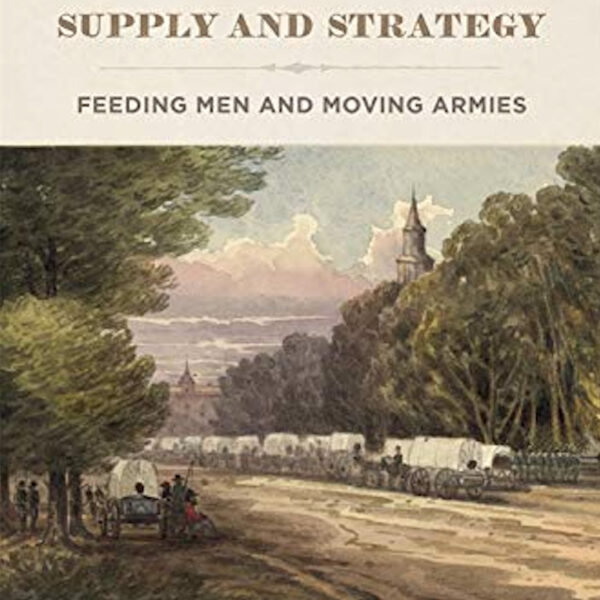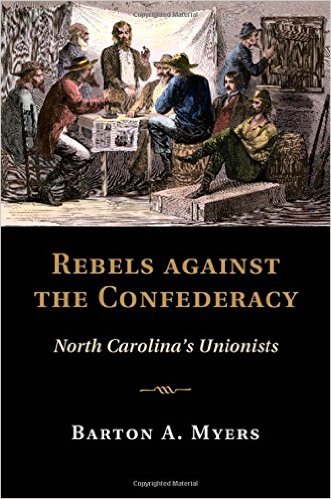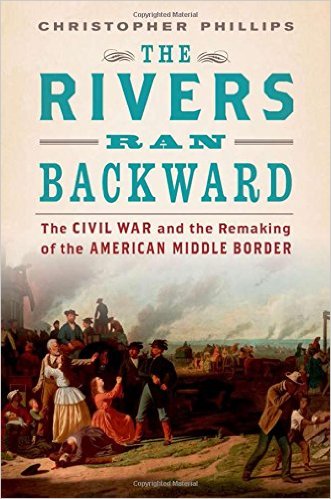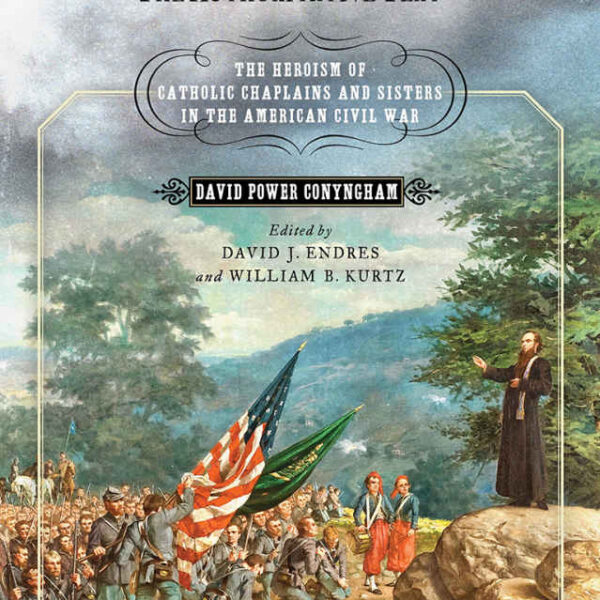Civil War Barons: The Tycoons, Entrepreneurs, Inventors and Visionaries Who Forged Victory and Shaped a Nation by Jeffry D. Wert. DaCapo, 2018. Cloth, ISBN: 978-0306825125. $30.00.
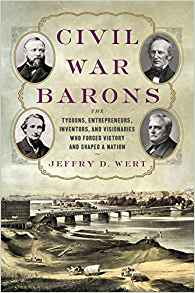 Jeffry D. Wert is perhaps best known to readers of Civil War history as a chronicler of battles and leaders. For his latest book, however, Wert has turned his keen biographer’s eye to the stories of nineteen “Civil War barons,” whose industrial fortunes and futures were yoked to the outcome of the conflict. The result offers plenty for historians to consider about how wars change economies and how the Civil War accelerated American capitalist development. The book also provides interesting stories of ordinary Americans whose lives were altered by a war in which they never donned a uniform. Wert’s narrative demonstrates that a history of the Civil War can explore sweeping change without losing sight of the individuals whose actions accelerated those transformations.
Jeffry D. Wert is perhaps best known to readers of Civil War history as a chronicler of battles and leaders. For his latest book, however, Wert has turned his keen biographer’s eye to the stories of nineteen “Civil War barons,” whose industrial fortunes and futures were yoked to the outcome of the conflict. The result offers plenty for historians to consider about how wars change economies and how the Civil War accelerated American capitalist development. The book also provides interesting stories of ordinary Americans whose lives were altered by a war in which they never donned a uniform. Wert’s narrative demonstrates that a history of the Civil War can explore sweeping change without losing sight of the individuals whose actions accelerated those transformations.
Civil War Barons is arranged thematically, with each of the ten main chapters following a pair of entrepreneurs and industrialists. In chapter five, for example, Wert looks at “The Improvisers,” Robert P. Parrott and Christopher Miner Spencer, men whose names would become attached to technological innovations in artillery and shoulder weapons. While the war pushed Spencer and Parrott to innovate and rewarded their inventiveness, Wert shows how much work was involved in selling the idea of a reinforced cannon breach or a repeating rifle. Spencer went as far as calling on Abraham Lincoln at the White House to secure a War Department contract after being turned down by that department chief, Edwin M. Stanton. Lincoln was so impressed with Spencer’s rifle and his shooting that he ordered the War Department to purchase several thousand of his carbines—saving Spencer’s manufacturing firm and livelihood in the process. Wert’s monograph features many enjoyable vignettes such as Spencer’s and Lincoln’s shooting match.
The book includes a nice balance of well-known and less obvious characters. While John Deere, Cyrus McCormick, Cornelius Vanderbilt, and the Studebaker brothers and their accomplishments are familiar to many Americans, Wert shines equal light on men such as the industrialist Henry Burden (who developed a method to produce 60 horseshoes per minute), the inventor Gordon McKay (who patented a machine to sew soles to shoes), and the engineer J. Edgar Thomson (the architect of the Pennsylvania Railroad). In discussing these innovators, Wert encourages readers to think about the various industries and products that developed hand-in-hand with a war featuring nearly two million men in blue uniforms. Men needed trains to get where they were going, shoes to wear on the march, and horses to pull the artillery and baggage necessary for a campaign. In a literature so focused on the deeds of those soldiers, Wert offers a refreshing reminder of the vast network that enabled their victory.
Chapters dealing with Wert’s nineteen innovators consume about two hundred pages of text. Each individual, therefore, receives 10-12 pages for their story. These short biographies should appeal to any reader who wants to avoid being bogged down with overwhelming financial and economic details or the minutia of weapons development or machinery. They are also perfect for use with students at any level, who should find the writing and presentation of these men’s lives very accessible. For readers wanting a more cohesive statement of how these men collectively changed the conduct and outcomes of the Civil War, Wert’s book will be less satisfying.
Wert’s skill in weaving together historical argument and satisfying narrative are on full display in Civil War Barons. Combining good research and accessible writing, it provides a quick and easy reference for many wartime innovations and industrialists. Academic historians might well add this work to their shelves, as should any reader interested in a true behind-the-scenes look at the mechanics of making war. In the end, Wert’s characters are models of Abraham Lincoln and the Republican Party’s vision of a free labor republic that rewarded persistent pursuit of economic betterment and innovation. And while Wert only deals with these men during the Civil War era, their innovations continue to shape our lives. Their stories are just one small part of the grand narrative of the Civil War, but as Wert ably shows, they are worth telling.
Cecily Zander is a Ph.D. student in the Department of History at Pennsylvania State University.
